China's top envoy to the United Nations on Tuesday firmly opposed interference in the country's internal affairs under the pretext of human rights, winning support from a number of developing and friendly countries.
"China firmly opposes and rejects the continued fabrication of lies by a handful of Western countries, including the European Union, on Xinjiang and Hong Kong-related issues, and their insistence on provoking confrontation and interfering in China's internal affairs under the pretext of human rights in total disregard of the truth," said Zhang Jun, China's permanent representative to the UN.
"The lies about China's human rights situation are totally unfounded. The so-called assessment report on China's Xinjiang is full of false information and is totally illegal and invalid. I would like to point out that politicizing human rights issues will lead to nowhere," he said at the general debate on human rights issues held by the Third Committee of the 78th United Nations General Assembly.
"Countries such as the United States and the United Kingdom have turned a blind eye to and covered up their own serious human rights violations, such as racial discrimination, while pointing fingers at and making groundless accusations against developing countries. Such double standards will find no support," Zhang said.
"Dialogue and cooperation represent the right way forward. A few countries undermine dialogue and cooperation at will, and they will only end up isolating themselves and bringing humiliation to themselves."
In the spirit of building a community with a shared future for mankind, the international community "should strengthen solidarity and cooperation, protect common security and promote common development, thus further advancing the international human rights cause", he said.
Zhang also made a joint statement on behalf of 28 countries to expose and criticize the US and some other Western forces for their unilateral coercive measures.
Such measures run counter to the purposes and principles of the UN Charter, international law, multilateralism and the basic norms of international relations, the statement said.
Negative impact
Zhang said the measures continue to cause "devastating, sometimes even life-threatening, consequences to targeted countries and their peoples, and negatively affect the enjoyment of human rights, including the right to health and the right to life".
"Therefore, the imposing states are called on to immediately and completely cease such practices."
Pakistan, on behalf of 72 countries, made a joint statement and stressed that matters related to Xinjiang, Hong Kong and Tibet are "China's internal affairs, and we oppose the politicization of human rights, double standards and interference in states' internal affairs under the pretext of human rights".
The statement called on all parties to abide by the purposes and principles of the UN Charter and respect the rights of people of each state to choose independently the development path suited to their own national conditions.








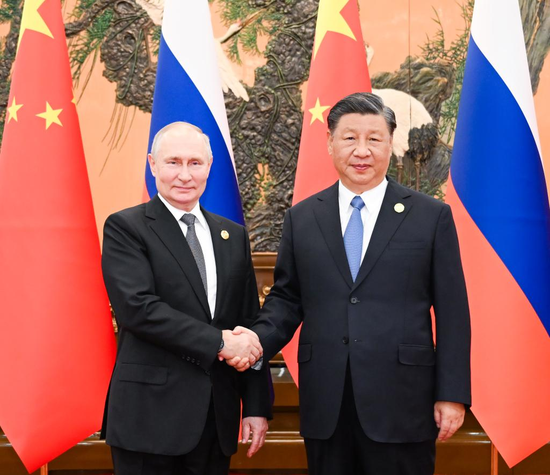
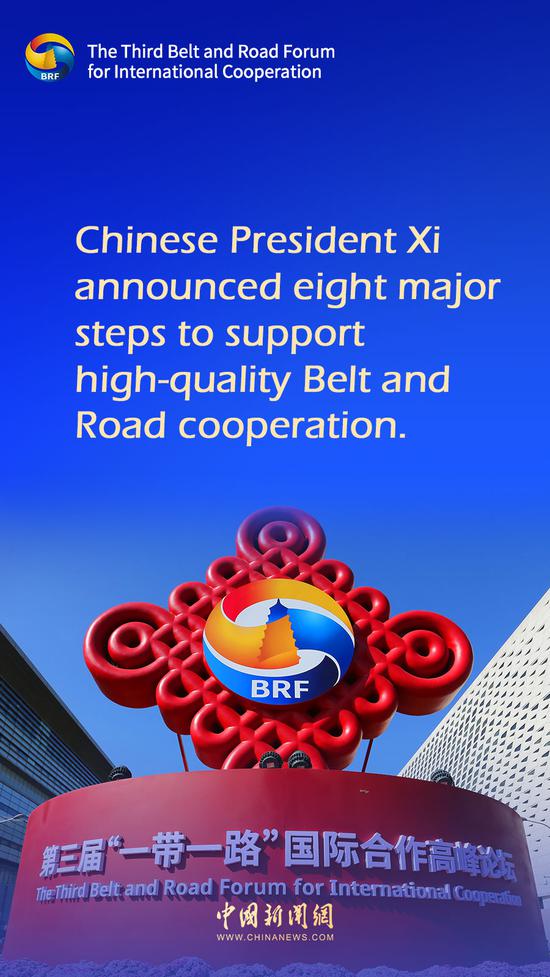












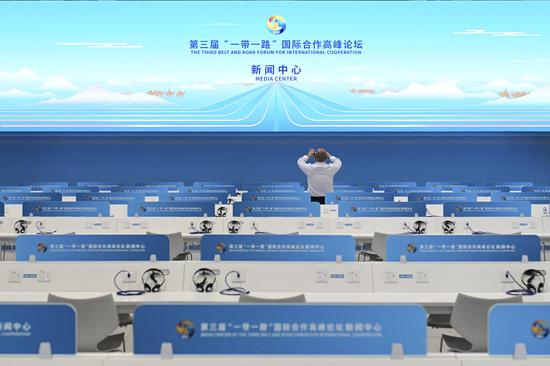







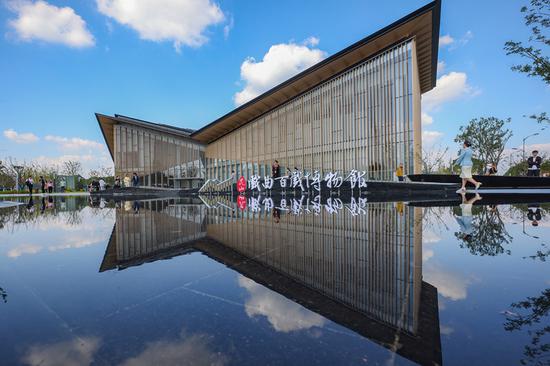

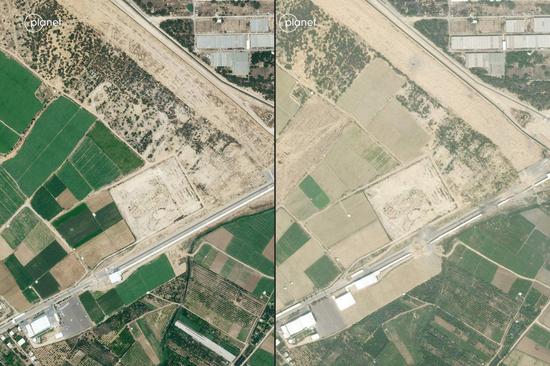

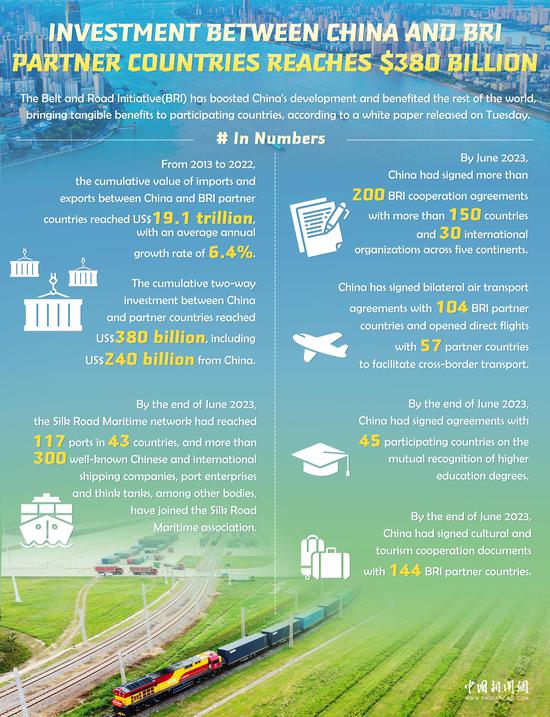











 京公网安备 11010202009201号
京公网安备 11010202009201号